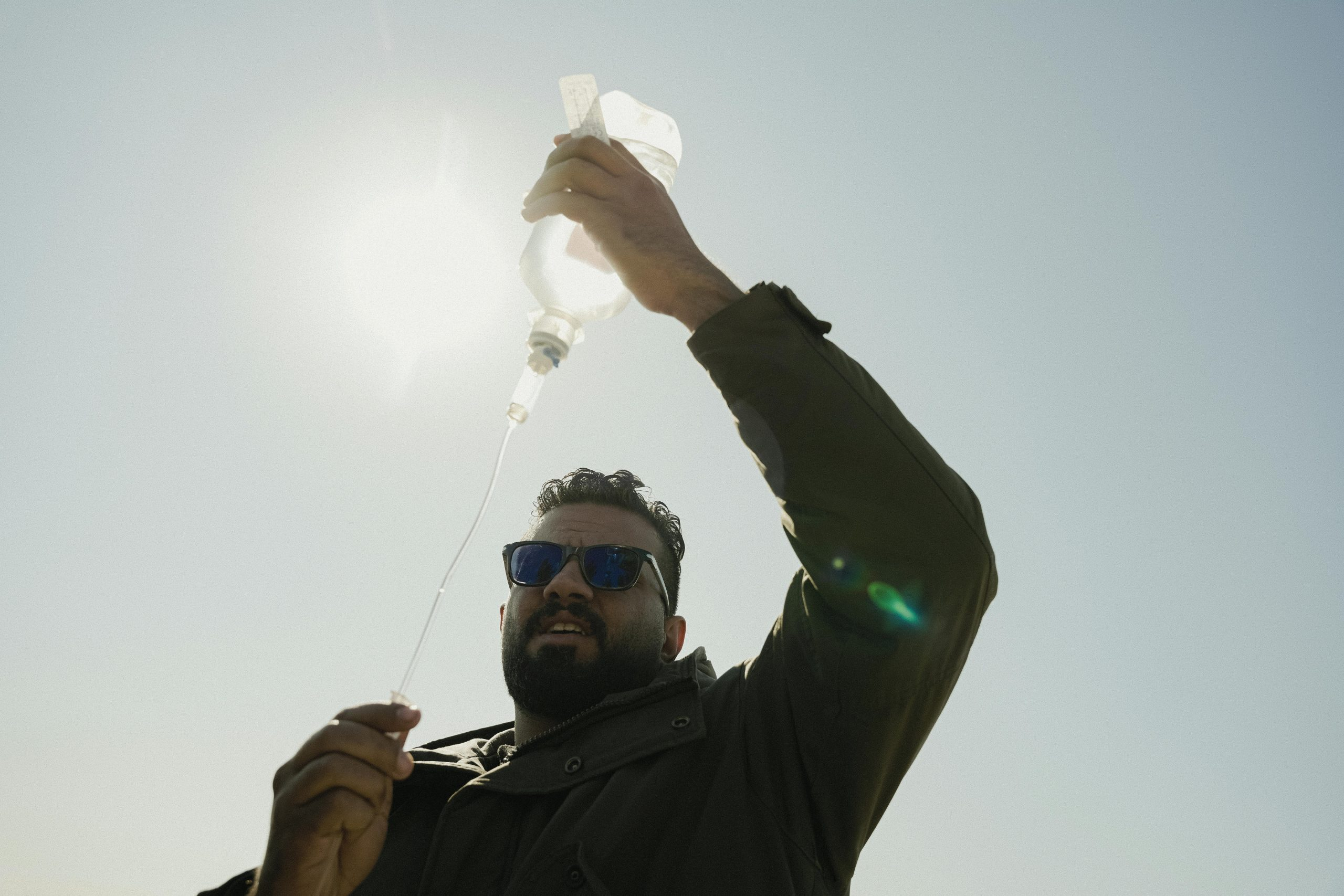How to Handle Medical Emergencies While Traveling Internationally
Traveling is an exciting experience, full of new sights, sounds, and cultures to explore. However, as with any adventure, there is always the potential for unexpected challenges to arise. One such challenge that travelers may face is a medical emergency. Whether it be a sudden illness or injury, being in an unfamiliar country can make handling these situations even more daunting. That’s why it’s crucial to be prepared and know how to handle medical emergencies while traveling internationally. In this article, we will discuss some essential tips and guidelines to help you navigate these situations with confidence and ease.
1. Know the Risks of Your Destination
Before embarking on your journey, it’s essential to research and understand the potential medical risks of the country you will be visiting. Different regions may have different prevalent diseases, environmental hazards, or safety concerns that could affect your health. Make sure to consult with your doctor or a travel clinic for up-to-date information and necessary vaccinations for your specific destination.
2. Purchase Travel Insurance
Having travel insurance is always a prudent decision when traveling internationally, but it becomes even more critical when it comes to medical emergencies. In case of an unforeseen illness or injury, travel insurance can cover the costs of medical treatment, hospital stays, and emergency evacuations, potentially saving you thousands of dollars. Be sure to read the policy carefully and understand the coverage and limitations before purchasing.
3. Pack a First Aid Kit
No matter where you go, a first aid kit is an essential item to have, especially when traveling to remote or rural areas. Your kit should include basic supplies such as bandages, antiseptics, pain relievers, and any necessary medications you take regularly. If you have severe allergies or chronic conditions, it’s crucial to bring the necessary medications and store them appropriately to avoid any issues while traveling.
4. Know How to Reach Emergency Services
When in a foreign country, it’s essential to familiarize yourself with the local emergency services phone numbers, including the embassy or consulate contact information. Some countries have a single emergency phone number, while others may have separate numbers for the police, ambulance, and fire department. Keep a list of these numbers with you at all times, and make sure to have a way to contact them in case of an emergency.
5. Seek Medical Help if Needed
If you are in need of medical attention while traveling, don’t hesitate to seek help. Many hotels and tour companies can provide assistance in finding reputable medical providers if needed. If you have travel insurance, make sure to contact them first to find out which facilities are covered under your policy. Depending on your location, there may also be clinics or hospitals that cater specifically to tourists.
6. Communicate With Your Loved Ones
In the event of a medical emergency while traveling, it’s essential to keep your loved ones informed. Make sure to have a list of emergency contacts, including family and friends who can be reached in case of an emergency. If you have a chronic condition or a pre-existing medical condition, it’s also a good idea to have a copy of your medical history with you, which can be shared with healthcare professionals if needed.
7. Follow Local Laws and Customs
While dealing with a medical emergency, it’s essential to be respectful of the local laws and customs of the country you are in. This includes showing respect to medical staff, following their instructions, and being patient, as healthcare processes may vary from what you are used to. It’s also important to understand any cultural or religious traditions that may affect the care you receive and to be open to them.
Conclusion
Traveling is an enriching experience, but it’s always better to be safe than sorry, especially when it comes to medical emergencies. By doing your research, taking necessary precautions, and being prepared for unexpected situations, you can handle any medical emergency with confidence and minimal stress. So remember to stay informed, stay healthy, and most importantly, enjoy your travels!










